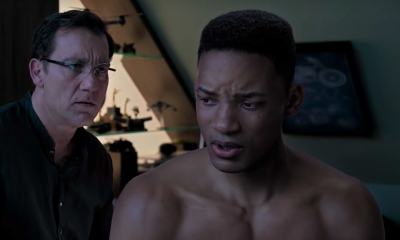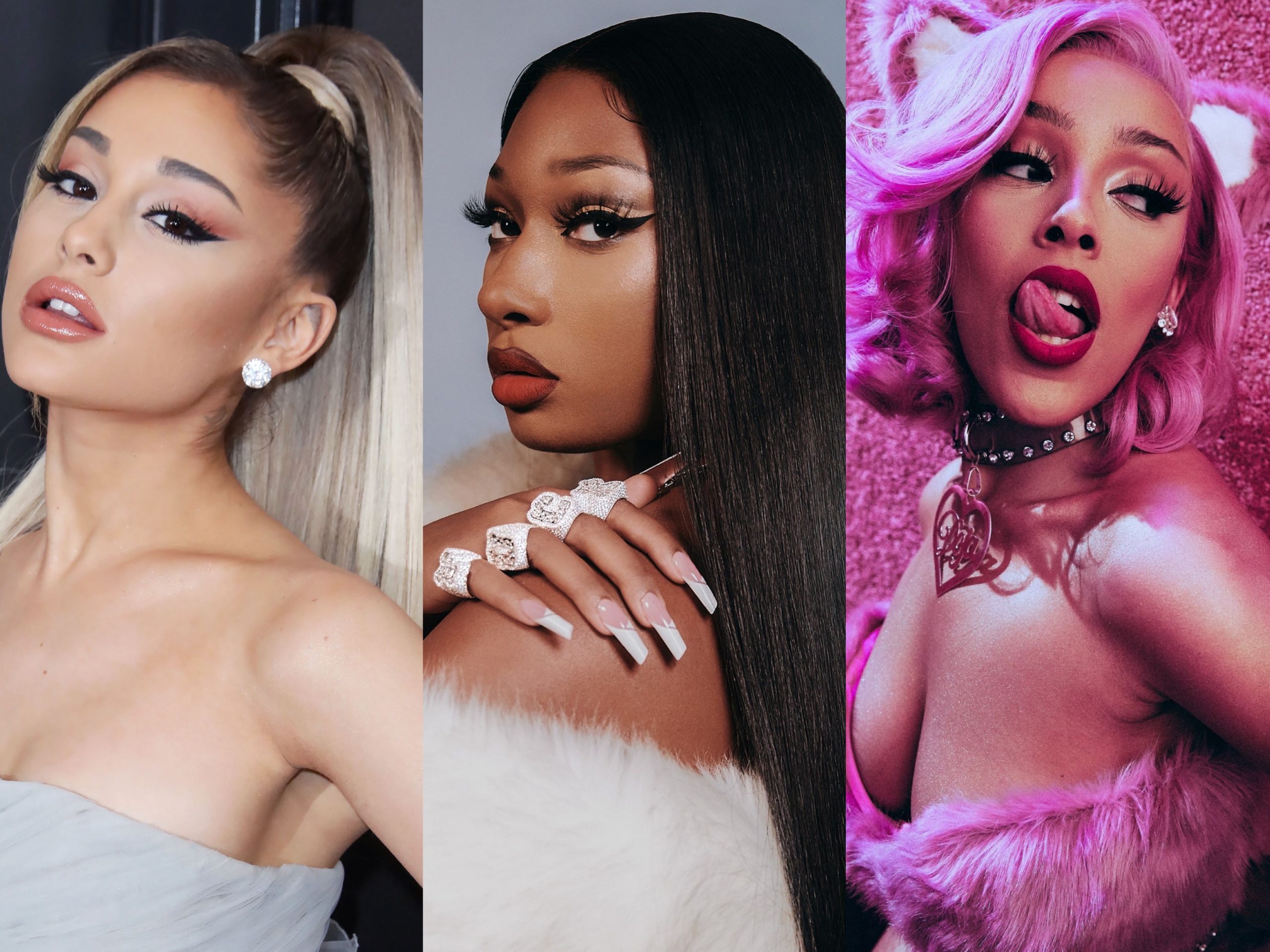Today, we speak with Los Angeles based music consultant, strategist and owner of Sonic Villain, Nicholas Christopher, who gives us the top ten reasons some great artists never move beyond the hype.
[read-more Read more after the jump!]
10. Major Record Labels Do Not Develop Talent
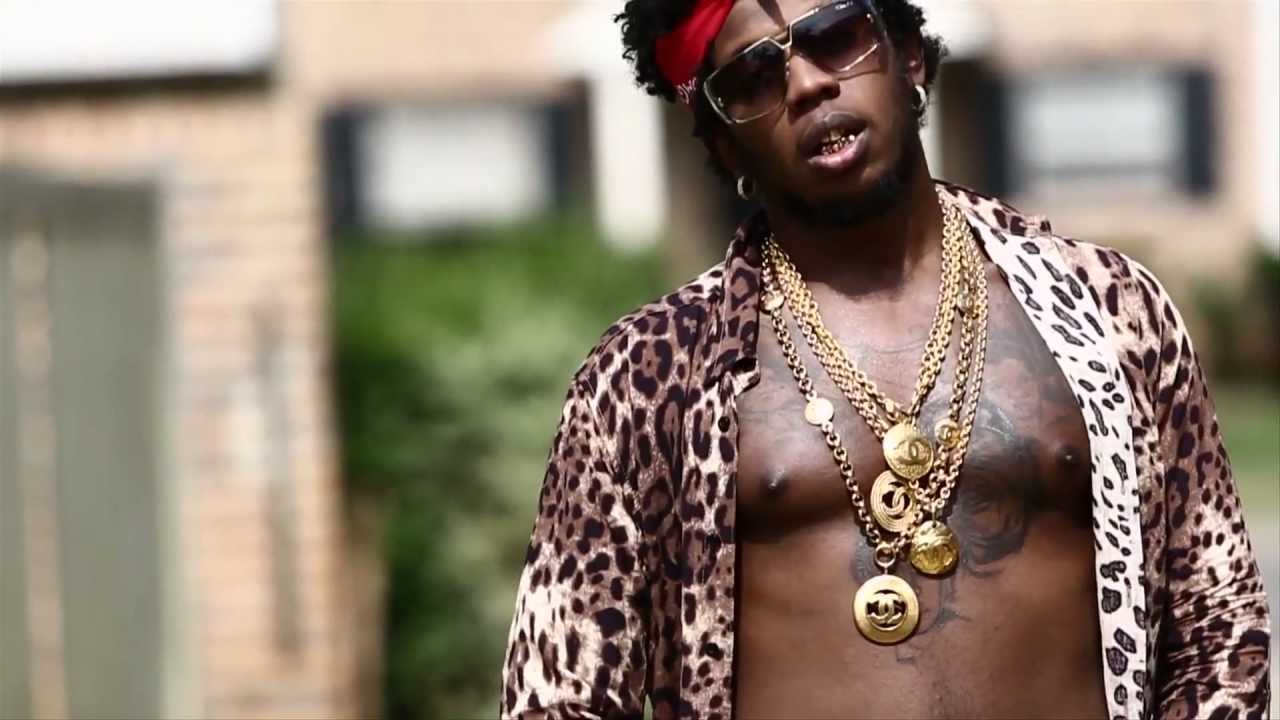 Trinidad James
Trinidad James
Most artist getting signed these days are usually developed through production, management or consulting companies that have relationships with label. The labels would rather help support you after you've shown some promise than before. Basically, they help those who can help themselves.
9. Building Your Brand Takes Time and Money
 Macklemore & Ryan Lewis
Macklemore & Ryan Lewis
Lots of it! Getting your music in front of millions of music buying fans is not cheap or easy. No matter how many music promo deals you find on Soundcloud, none of them will do the job. You need someone connected enough to get your music on the larger platforms and the ability to financially support it.
8. Getting A Major Label Record Deal Does Not Mean You've Made It Yet
 Joell Ortiz
Joell Ortiz
Once you get the deal, that's only the beginning of your commercial recording career. You now must make hit, after hit, after hit and become a critical and commercial success while aligning yourself with the right partners. Make sure you have a strong capable team supporting you.
7. You Need To Pay/ Know The Right People

The legitimate commercial music industry is very small and secretive. If you want to get in make it through all the political b.s., you must know the right people and pay them well to secure your spot.
6. “Download My Mixtape”
 Mixtapes are so far gone as of 2009. It's all about the EP now! If your music is good, there's no reason to give it away for free except in the form of promos like music videos. When established artists put out mixtapes, it's because they're afraid of making an official project that may flop so they test the market with a free mixtape. Now, the $3.99 4 track EP has replaced the mixtape as the market tester for future success.
Mixtapes are so far gone as of 2009. It's all about the EP now! If your music is good, there's no reason to give it away for free except in the form of promos like music videos. When established artists put out mixtapes, it's because they're afraid of making an official project that may flop so they test the market with a free mixtape. Now, the $3.99 4 track EP has replaced the mixtape as the market tester for future success.
5. Play Your Part Only

Are you a songwriter, performer, producer, publicist, marketing, manager, A&R, financier, copywriter, photographer, video director and graphic designer all rolled in one? So many great musicians get distracted by micromanaging everything and trying to be the expert on all aspect of their project. This leads to wasting valuable time and artist end up missing out on great opportunities.
You should only focus on being the master of one of these and find the right people to do the rest. If you can't pay these people, they're going to have to really believe in your project and feel like an important part of the process.
4. Paying To Perform Is Not Answer
I don't know why a lot of new comers insist on paying to open for an established artist when they have zero fan base. Before you can do shows that matters and pays, you must build a solid following. Opening up for a superstar artist won't deliver the results you were hoping for in the long term.
3. I'm A Better Artist Than _____________.
 Charles Hamilton
Charles Hamilton
It doesn't matter, this is a business not a charity and better is just matter of how many more people focus on you over the other person. In this game, the popular kid gets all the cake! Go turn on a real radio station right now and listen to what's being played.
2. Investor(s)

After you create some music that displays your viability as an artist, you need to figure out how you're going to fund your way to the top. You'll be competing with talent that's inferior to you but much better funded and connected which will piss you off every time you see them on the billboard charts, magazine covers covers and interviews on Life+Time about breaking down their b.s. lyrics. It's an uphill battle and going to war is not cheap. You must find yourself a well heeled financial partner.
1. “I'm A Pure Artist All About The Music I Don't Care About The Money”.
 T.I. | About The Money music video
T.I. | About The Money music video
I truly believe art is a talent that has many forms and should be compensated for the emotional affect it has on the people who experience it. With that said, if you're all about your music and don't care about the money, then you do not need to be involved in music business at all. You don't need a management team, label, album on iTunes or video on VEVO.
You can create and share your music on your terms to the people who are in your personal reach and be happy with that. If you want to be sufficiently compensated for your talent, you must care about the money and how is effects your position in the marketplace.
I meet plenty of super talented musicians that have a hard time separating themselves from the art and figuring out how it will fit in the market. This inability to detach from the work is sometimes their ultimate downfall. You know the type. They know everything, you can't tell them anything, refuses anything remotely close to compromising and still want your help because things are not working out.
**Nicholas Christopher is a music consultant in Los Angeles specializing in strategic artist development along with acquiring publishing and record deals at SonicVillain. You can reach out to him on Instagram or Twitter or reach out to Sonice Villain on Instagram, Twitter, or their website: www.SonicVillain.com
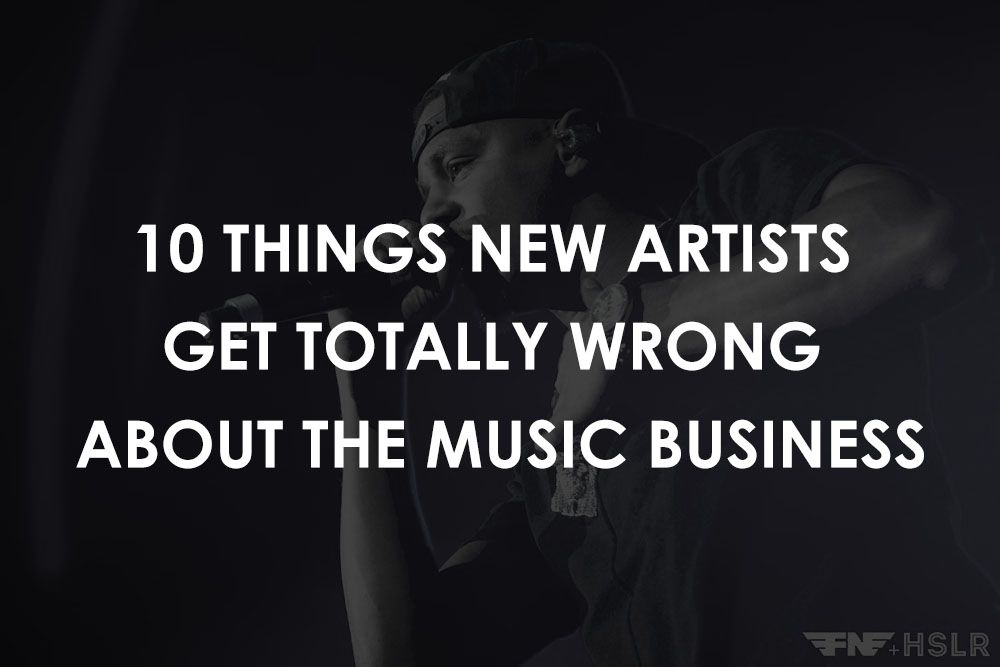
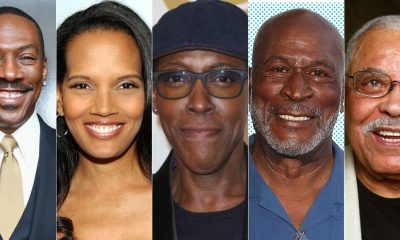
 Film & Television5 years ago
Film & Television5 years ago
 Film & Television5 years ago
Film & Television5 years ago
 10 years ago
10 years ago
 Film5 years ago
Film5 years ago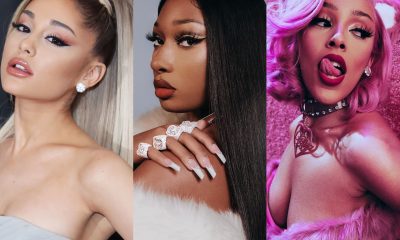
 Music4 years ago
Music4 years ago
 Film5 years ago
Film5 years ago
 Music5 years ago
Music5 years ago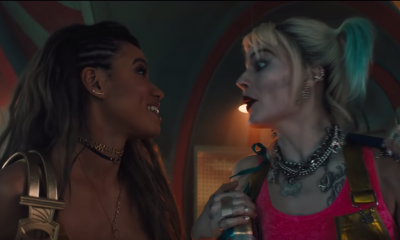
 Film5 years ago
Film5 years ago
 Trinidad James
Trinidad James Macklemore & Ryan Lewis
Macklemore & Ryan Lewis Joell Ortiz
Joell Ortiz
 Mixtapes are so far gone as of 2009. It's all about the EP now! If your music is good, there's no reason to give it away for free except in the form of promos like music videos. When established artists put out mixtapes, it's because they're afraid of making an official project that may flop so they test the market with a free mixtape. Now, the $3.99 4 track EP has replaced the mixtape as the market tester for future success.
Mixtapes are so far gone as of 2009. It's all about the EP now! If your music is good, there's no reason to give it away for free except in the form of promos like music videos. When established artists put out mixtapes, it's because they're afraid of making an official project that may flop so they test the market with a free mixtape. Now, the $3.99 4 track EP has replaced the mixtape as the market tester for future success.
 Charles Hamilton
Charles Hamilton
 T.I. | About The Money music video
T.I. | About The Money music video